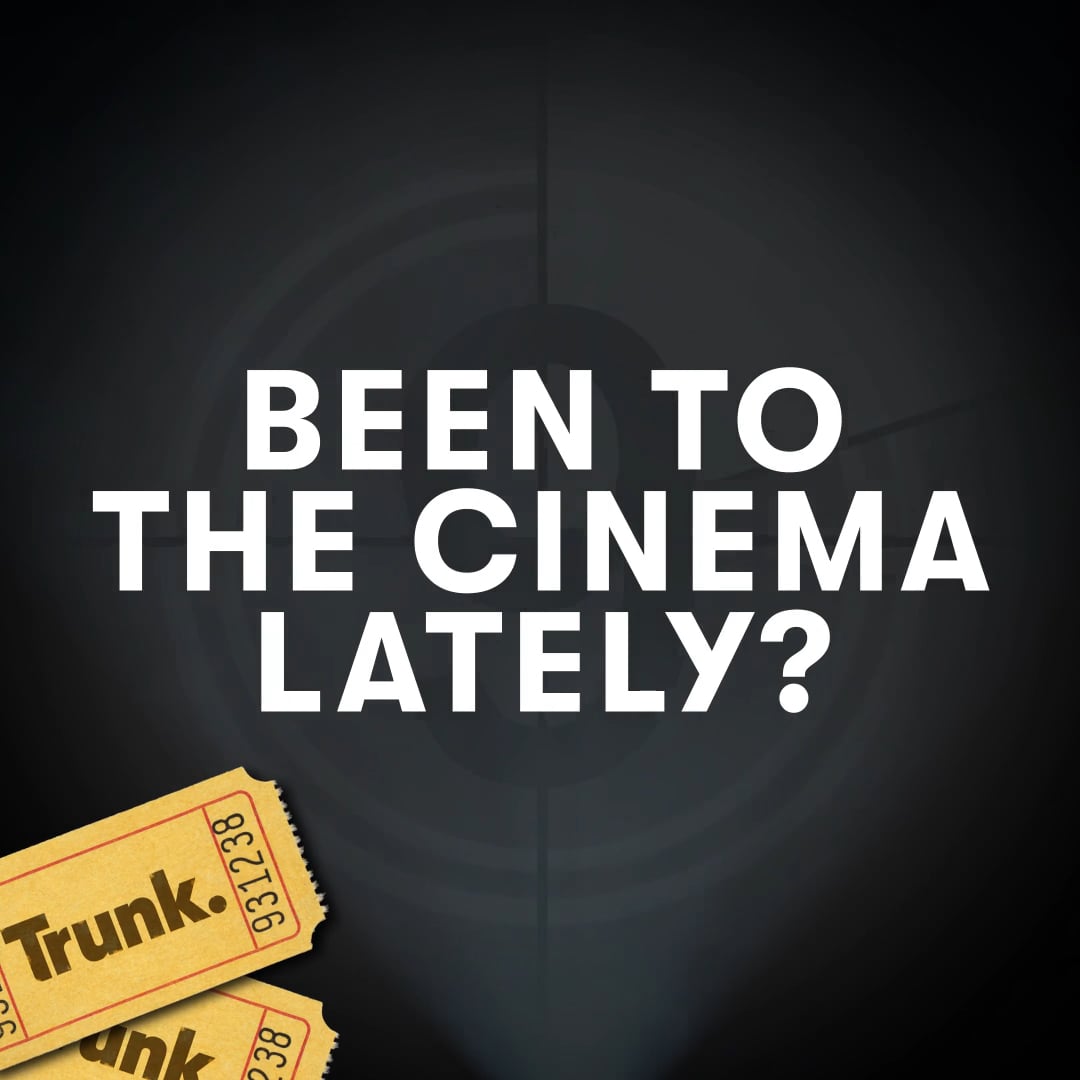This Friday, my favorite cinema closes, again.
I’m angry and upset, but I’m not sure at who.
Going to the cinema isn’t just watching a film, it’s experiential. Getting out of my joggers and putting real clothes on to go to a place and do something, gives me a sense of achievement. Browsing 4 different streaming platforms for 45 minutes, finding something and then falling asleep at the 30-minute mark doesn’t quite dish out the same sense of accomplishment.
I’m a fairly avid cinema goer too, I’d go two or three times a month at the least, more at the start of the year when you get the festival competitors, so to have (what is essentially) a hobby taken away from me for the majority of the year, is frustrating.
I’m not oblivious to the world around me, and I know everyone’s lives have changed – but it’s the little things that get us through difficult times like these, and when they reopened in August, I was overjoyed… But not so overjoyed that I actually went to the cinema.
There was nothing on.
It’s a chicken and egg situation. Did nobody go because there wasn’t anything on? Or was nothing coming on because nobody was going?
I’m not a big Bond fan, but it would have been a saving grace if it hadn’t been postponed. People that don’t usually go to the cinema, make the effort for a massive British blockbuster. That being released when the cinemas reopened would have encouraged more people to go, which I believe would have encouraged studios to release more, pushing that cycle.
But that didn’t happen. Universal were scared of the amount of Box Office revenue they’d miss out on – which I suppose is fair enough. You spend £193m ($250m) on production, you would expect a massive return. Skyfall made £850m ($1.1Bn).
So now we wait… For a healthy economy? Until Covid isn’t as dangerous as it is now? It’s hard to tell.
In my opinion, the consequences are both good and bad. Bad in that, we might lose the historic tradition of the cinema trip in the way that we’re familiar with, but good, in that it might change the landscape of cinema.
There’s a trend of studios producing massive blockbuster and superhero movies, and them dominating the box office, because they need to, to recoup the mass amounts spent making them. If studios are scared about losing money, they might be inclined to reduce budgets, to spread their money across a larger amount smaller films – unique concepts over franchises.
This is good because?
Well, it’s a chance for newcomers to break into directing and writing. It’s a chance to shake up the industry as we know it and diversify it. The more films needed, the more work it creates for crew too. It creates autonomy in productions as well – freedom to take creative risks, push the boundaries of visual media.
There’ll also be more energy and money put towards TV shows for streaming platforms. That trend had already begun, but I feel like the change in cinema will expedite that trend. Studios might turn to long form, episodic content, which again, creates more work for talent and crew – and puts more choice into the hands of the consumer.
We do face a problem in advertising however, but it’s really not a bad problem to have.
If nobody is going the cinema, and nobody is watching traditional television – where do we put our content?
If a car manufacturer spends £200k to make a cinema-ready film displaying a new model, twice a year, and spends ten times that amount getting it onto screens – what happens when there’s no big screen to put it on?
To me, that’s an easy one. Break up your budgets, make more content at a lower level, and spread it to the places where people are going to see it now – social and online. Instagram stories, Facebook feed and YouTube.
There’s an age-old assumption that if you’re making a cinema/TV ad, you have to match that with a massive Hollywood production – I don’t think that’s the case, and now you have an excuse not to do that. If you’re making YouTube ads and online content in general, there are lots of really good content agencies that will meet your production standards and quality expectations using a smaller crew of multi-skilled creators. It keeps your production budget down, and you get a lot more visibility online for a lot less money.
And just like the film studios, you can take bigger risks, try making the content you were afraid of making and spending loads of money on. Approach it from a low budget perspective and I think you’ll be surprised at what content creators can do with your money.
Not to brag, but at Trunk, we shoot almost exclusively on RED digital cinema cameras, grade in Resolve and output in 4k (just like you’d get from a cinema ad production). We can even take care of cinema and television delivery formats if you’re still passionate about traditional routes.
I think now more than ever, is the time to take a good look at what you can do with your budget, and who is the right creative team to form a partnership with.

